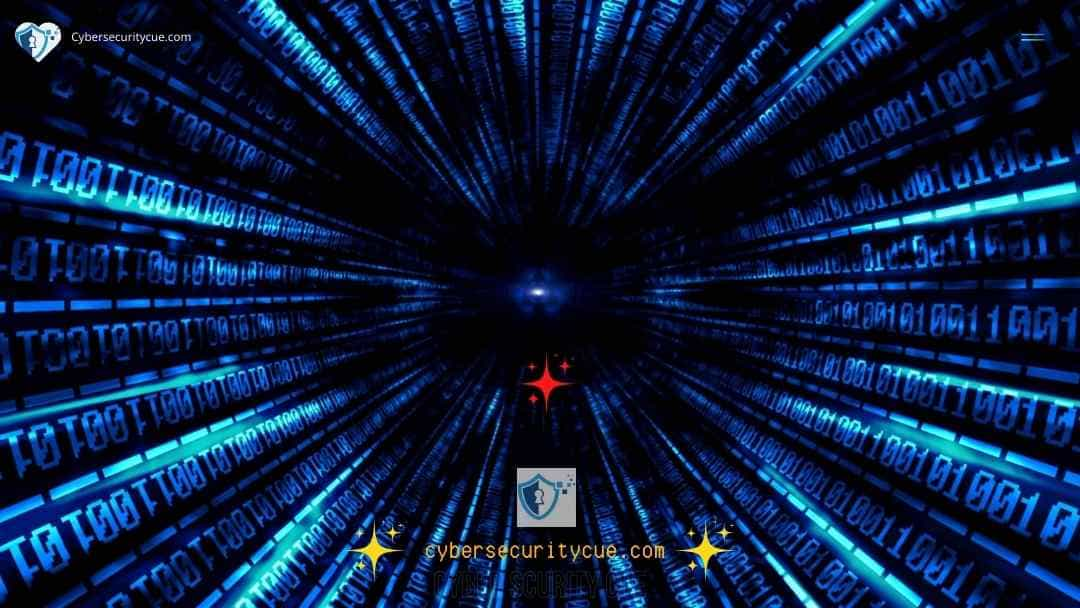Table of Contents
A code execution flaw in Nuclei has been identified, posing significant risks to organizations using this popular vulnerability scanner. Tracked as CVE-2024-43405, the flaw affects versions 3.0.0 to 3.3.1 and could allow attackers to execute malicious code by exploiting discrepancies in the template signature verification process.
This vulnerability, discovered by cybersecurity firm Wiz and detailed in a NIST advisory, highlights the potential dangers of running untrusted templates. Organizations must update to version 3.3.2 or newer to mitigate these risks.
If you’re using Nuclei to secure your systems, this news is a wake-up call. Read on to understand the flaw, its implications, and how to safeguard your infrastructure.
Key Takeaway to Code Execution Flaw in Nuclei
- Code Execution Flaw in Nuclei: A critical flaw in Nuclei’s signature verification system allowed attackers to inject malicious code via templates.
Code Execution Flaw in Nuclei: What You Need to Know
Understanding the Vulnerability
The issue lies in how Nuclei handles template signature verification. Nuclei, known for its YAML-based templates, is widely used for scanning vulnerabilities across various assets.
However, the discrepancy between the YAML parser and the regex-based signature verification process created a loophole.
When templates were submitted, attackers could manipulate newline characters to bypass verification. This allowed them to inject malicious code into seemingly benign templates.
What Went Wrong?
The root causes of this vulnerability were:
- Mismatched Parsers: The YAML parser and regex parser interpreted line breaks differently.
- Signature Validation Flaws: Only the first
# digest:line was validated, leaving room for malicious content. - Chained Weaknesses: Attackers exploited these gaps to execute unverified code.
Timeline of Events
| Date | Action Taken |
|---|---|
| September 2024 | Nuclei version 3.3.2 released to address the flaw. |
| October 2024 | Vulnerability disclosed by Wiz and NIST. |
| November 2024 | Security teams advised to update Nuclei versions. |
Implications for Organizations
If exploited, this flaw could allow attackers to:
- Execute arbitrary code.
- Exfiltrate sensitive data.
- Compromise systems by uploading malicious templates to automated scanning platforms.
Lessons from Past Incidents
This is not the first time template systems have been exploited. In 2021, a flaw in Log4j’s template parsing allowed attackers to execute malicious code remotely. The lessons from that incident emphasize the need for thorough testing and sandboxing of all user-submitted content.
Protective Measures
Organizations should take these steps immediately:
- Update Nuclei: Upgrade to version 3.3.2 or newer.
- Sandbox Scanners: Run Nuclei in isolated environments to contain potential exploits.
- Validate Templates: Avoid running untrusted or community-contributed templates without thorough verification.
For more guidance, visit the NIST advisory.
Looking Ahead: How to Prevent Similar Issues
This incident underscores the importance of proactive security measures, such as:
- Enhanced Parser Testing: Ensuring parsers align in their handling of inputs.
- Community Monitoring: Actively vetting contributions to open-source tools.
- Continuous Updates: Regularly patching and updating tools to fix vulnerabilities.
As security tools become more complex, organizations must prioritize rigorous testing and isolation to prevent similar flaws.
About Nuclei
Nuclei is an open-source vulnerability scanner developed by ProjectDiscovery. It enables organizations to identify security risks using customizable YAML-based templates.
Rounding Up
The code execution flaw in Nuclei serves as a stark reminder of the risks associated with unverified inputs and misaligned processes.
While Nuclei remains a valuable tool for vulnerability scanning, its users must stay vigilant by applying updates and adhering to best practices.
By upgrading to version 3.3.2 and isolating scanners, organizations can protect themselves from potential exploits. Cybersecurity is a shared responsibility, and staying informed is the first step in staying safe.
FAQs
What is the code execution flaw in Nuclei?
- It is a vulnerability (CVE-2024-43405) that allowed attackers to inject malicious code via templates.
Which versions of Nuclei are affected?
- Versions 3.0.0 to 3.3.1 are vulnerable to this flaw.
How can I fix the issue?
- Update to Nuclei version 3.3.2 or newer and run scanners in isolated environments.
What caused the vulnerability?
- Mismatched interpretations between YAML and regex parsers led to gaps in template signature verification.
Where can I find more information?
- Visit NIST’s advisory.





